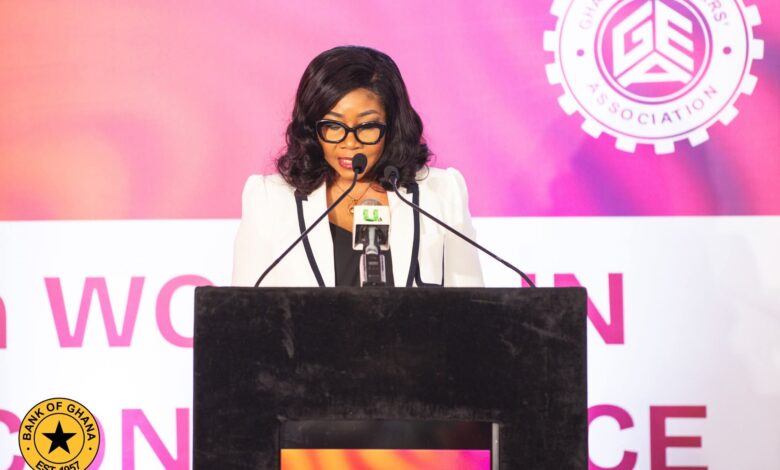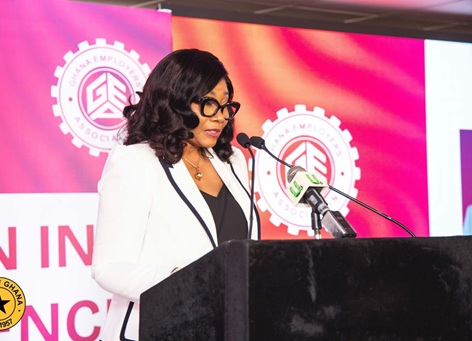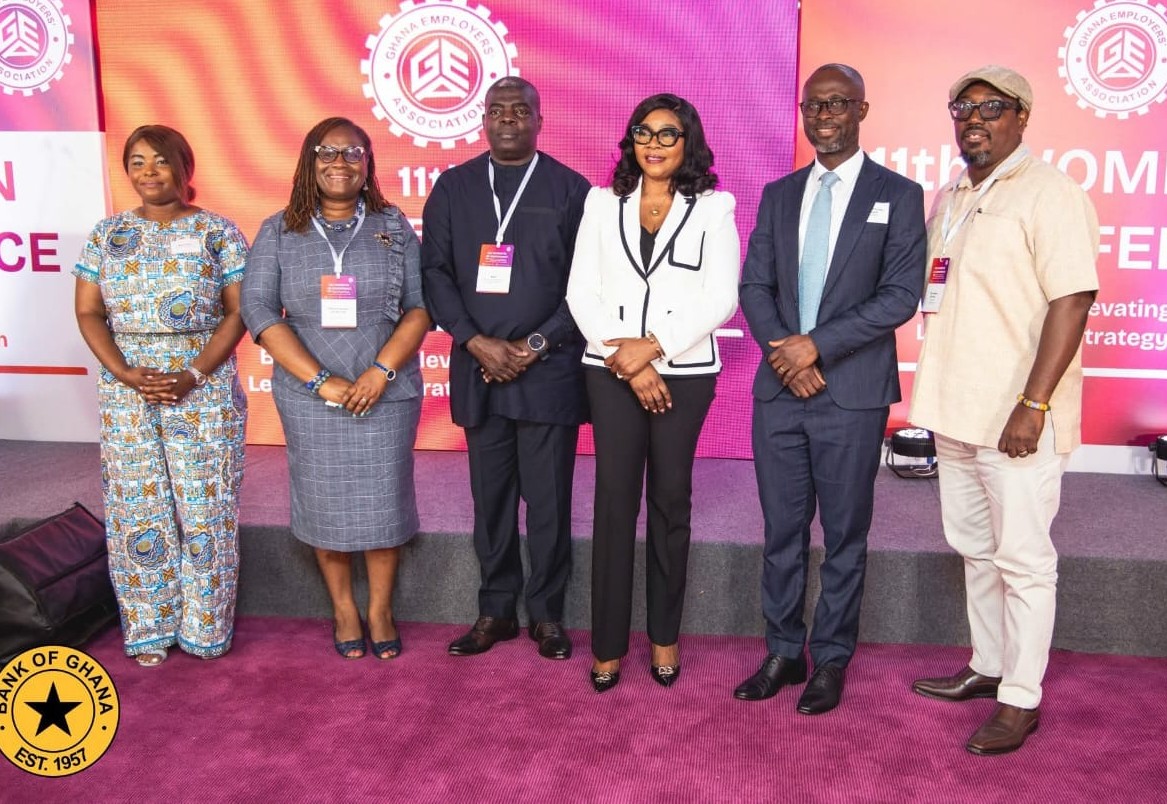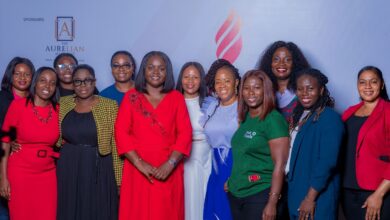Sponsorship, Not Just Mentorship, Needed to Unlock Women’s Leadership Potential – BoG Deputy Governor

Second Deputy Governor of the Bank of Ghana (BoG), Mrs. Matilda Asante-Asiedu, has stressed that for organisations to truly advance gender equity in leadership, they must shift focus from traditional mentorship to deliberate sponsorship.
Speaking at the Women in Human Resource (HR) Conference organised by the Ghana Employers’ Association (GEA), Mrs. Asante-Asiedu explained that while mentorship offers valuable advice, it is sponsorship that opens doors of opportunity.

“We must move beyond mentorship into sponsorship. Advice is helpful, but advocacy is transformative. Women need leaders, both men and women, who will say, ‘She is ready, give her the chance,’ and then stand beside her when the challenge comes,” she said.
She drew a sharp distinction between the two, emphasising: “Mentors give guidance; sponsors give access. And without access, talent remains unseen.”
Mrs. Asante-Asiedu further explained that many capable women are not short of skills or potential, but lack the institutional access and advocacy that enable them to be noticed and entrusted with greater responsibility. Without such advocacy, organisations risk wasting talent and limiting diversity in their leadership pipelines.
Expanding on this point, the Deputy Governor noted that sponsorship is particularly crucial in competitive business environments where visibility, networks, and opportunities often determine career progression more than competence alone. Sponsorship, she said, provides the “seat at the table” that mentorship cannot guarantee. Leaders who act as sponsors use their influence and credibility to recommend women for high-stakes roles, defend their inclusion in decision-making spaces, and actively back them when challenges arise.

“This is not just about fairness to women,” she added. “It is also about organisational performance. Companies that move beyond mentorship and embed sponsorship as part of their leadership culture are more innovative, more resilient, and more likely to retain top talent. In today’s economy, that is a competitive advantage.”
She therefore called on CEOs, boards, and senior managers to cultivate a culture of sponsorship in their organisations, pointing out that women in HR have a critical role to play in driving this shift, since HR is central to talent development and organisational culture.
The Women in HR Conference brought together professionals from across industries to explore strategies for inclusivity, diversity, and sustainable talent management in Ghana’s workplaces.




